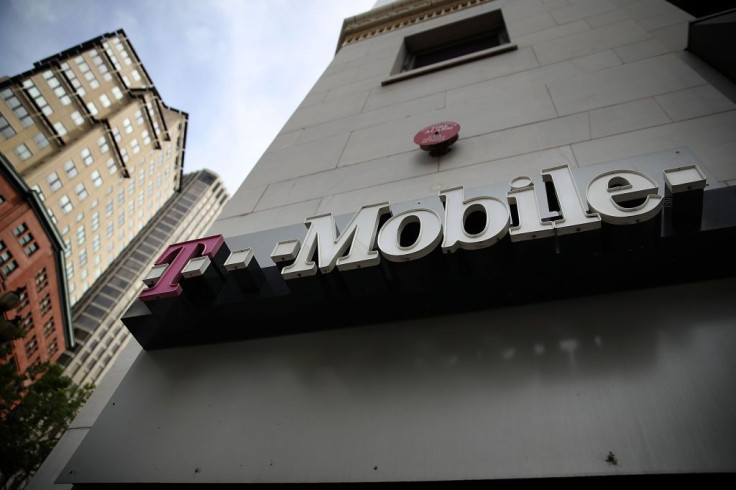T-Mobile Vows 5G Home Internet If Sprint Merger Is Approved

In a bid to win over skeptical federal regulators, T-Mobile US Inc. is resorting to the same tack it used to convince president Donald Trump its proposed merger with Sprint Corporation will be a great deal for the United States and the American public.
T-Mobile claims it’ll launch a 5G home internet service in the U.S. with fast speeds (100Mbps) and low prices (unspecified) that will reach half of all U.S. homes within five years. As an added bonus, the Spring-T-Mobile national 5G network will also force the clearly anti-competitive cable industry to take on some semblance of competition.
All these good things will happen if -- and only if -- federal regulators approve T-Mobile’s $26 billion merger with Sprint.
T-Mobile revealed in detail its plans for what its 5G home internet service will look like in a filing with the U.S. Federal Communications Commission (FCC). It also echoed the same points in a blog post by CEO John Legere.
In both public statements, T-Mobile said it plans to build a true cable competitor using 5G. The company claims it will be able to build the system itself, so it won’t have to wait for someone to install it.
T-Mobile estimates 9.5 million 5G customers within five years. It also claims it can save customers up to $13 billion over that time span because of the benefits arising from increased competition.
Federal regulators, however, retain their misgivings. The likelihood still lingers that the Department of Justice (DOJ) and the U.S. Federal Communications Commission (FCC) will dismiss the merger between Sprint and T-Mobile. despite a vote of confidence from president Donald Trump.
In the past, both the DOJ and FCC expressed concerns the merger will result in higher fees and hurt employees of both companies, and could trigger mass layoffs. Reducing the number of national wireless carriers to three from four will also contribute to higher prices.

Both agencies are still probing the merger. The DOJ is focusing on the Clayton Antitrust Act of 1914 while the FCC delves into the Telecommunications Act of 1996. Deliberations by both agencies might take until this June.
A DOJ spokesman said the agency’s Antitrust Division is still “looking at whether the efficiencies outweigh the competitive harm.”
A sore point is this deal is a “horizontal merger” which will combine two companies in the same industry. This kind of merger is more likely to be seen as anti-competitive because it reduces the number of competing firms, and leaves the combined entity in a more dominant market position.
© Copyright IBTimes 2024. All rights reserved.




















